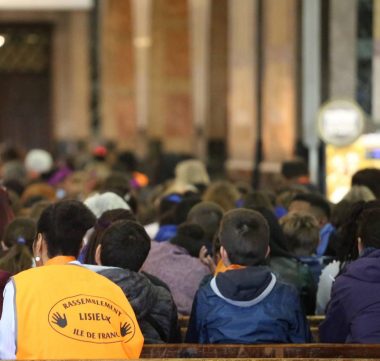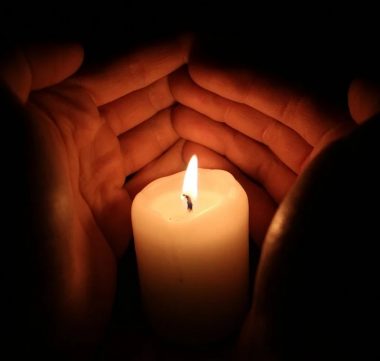
Published on 5 March 2024
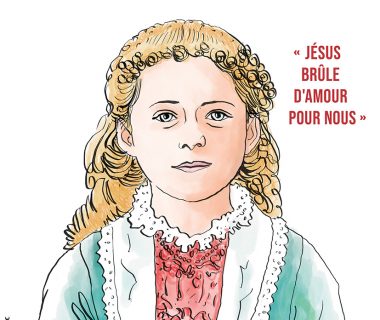
Thérèse speaks little about the resurrection of Jesus as such. But she lives it very truly. Here are three stanzas from the poem 23 “ To the Sacred Heart of Jesus "
3. One day, oh my God, like Madeleine,
I wanted to see you, get closer to you
My gaze plunged into the immense plain
Whose Master and King I was looking for
And I cried out, seeing the pure wave,
The starry azure, the flower and the bird:
“If I do not see God, brilliant nature,
You are nothing to me, but a vast tomb.
4. “I need a heart burning with tenderness
Remaining my support without any return
Loving everything in me, even my weakness...
Not leaving me, night and day.
I couldn't find any creature
Who always loved me, without ever dying.
I need a God taking my nature
Becoming my brother and being able to suffer!
5. You heard me, the only Friend I love
To delight my heart, making you mortal
You shed your blood, supreme mystery!…
And you still live for me on the Altar.
If I cannot see the radiance of your Face,
To hear your voice filled with sweetness
I can, oh my God, live by your grace
I can rest on your Sacred Heart
The contemplation of nature leaves Thérèse with a taste of unfinished business... All this is great, but if its author - God the Creator - does not reveal himself, Creation does not seem "to her". than a vast tomb "...
Indeed, his experience with creatures teaches him that they are mortal. How can you not think of the loss of your mother when she was 4 and a half years old, when you read: “ I could not find any creature / Who always loved me, without ever dying. » But there is more: his quest is for a love that would never fail him, not only that does not stop because of death, but that does not stop in the face of his weaknesses. A love that joins her even in her suffering.
And this is where his confession of faith in Jesus in his Paschal Mystery springs up: “ To delight my heart, making you mortal / You shed your blood, supreme mystery!… / And you still live for me on the Altar. » In a concise expression, we can at least gather a triple affirmation of faith: Jesus is alive (you still live), it is for Thérèse that he did this (To delight my heart) - and as with Saint Paul, by understanding that it is “for her”, she understands that it is “for all”, “for each” — and finally that it is through and in the Eucharist that we have access to the living, resurrected Jesus.
Thus, in this mystery of the Eucharist, the entire creation is saved. There, already, the so desired “Homeland” is already present in this “land of exile”.
Father Emmanuel Schwab, Rector of the Sanctuary, for the March issue of the Review Therese of Lisieux



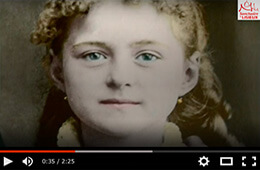 Video gallery
Video gallery 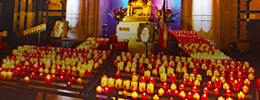 Souvenirs and prayer supports
Souvenirs and prayer supports 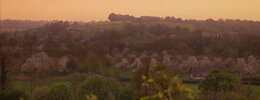 Lisieux Tourist Office
Lisieux Tourist Office 

